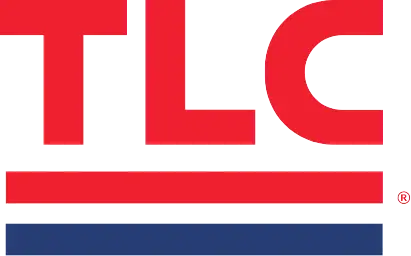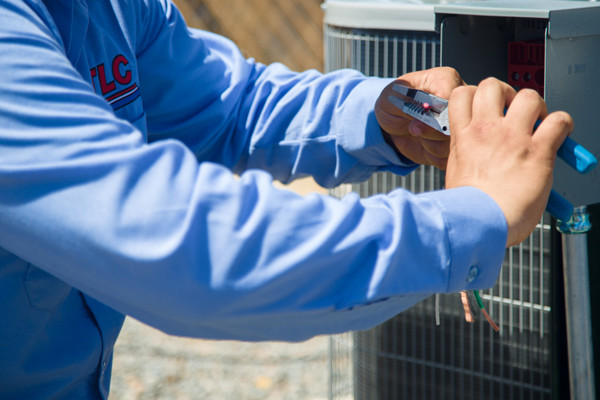To Convert or not to Convert?

In Albuquerque, actually New Mexico in general, we’ve all grown up with the ol’ swamp cooler pumping cool air into our homes. On a hot dry day, we could always expect to get 10 or 15 degrees of cooling depending on the relative humidity. Now however, it seems that a lot of people are converting to refrigerated air. Let’s take a look at some of the pros and cons of making that conversion.
Two or three decades ago, refrigerated air conditioning was an expensive proposition. The Seasonal Energy Efficiency Rating, or S.E.E.R, of AC equipment was down in the 8 to 10 S.E.E.R. range. This meant whopping electric bills during the summer months. In fact, many people in those days made the conversion in the other direction – refrigerated air to evaporative cooling!
Some of today’s AC equipment is capable of achieving up to a 21 S.E.E.R rating. This translates to greater efficiency while using less energy than the old dinosaurs of the not-to-distant past. Another factor to consider is the vastly improved construction standard of today’s residence. Modern homes are insulated and sealed far better than homes were 20 or 30 years ago. Heat loss in the winter and heat gain in the summer has been drastically reduced.
Albuquerque is more humid today than in bygone days because of the growth in population. The population increase has brought with it more lawns, irrigation, trees, swamp coolers, golf courses, swimming pools, and other things that use more water. More water equals more humidity! Evaporative coolers simply don’t operate as efficiently when the humidity is high.
Evaporative coolers use far less energy than refrigerated air systems. They do, however, use lots of water. An evaporative cooler constantly brings in outside air, cools it, then exhausts it to the outdoors through open windows and doors. Refrigerated air systems are closed systems that circulate the air in the home while cooling and filtering it.
With this information in mind, hopefully, you the homeowner can make an educated decision on whether or not to convert!

